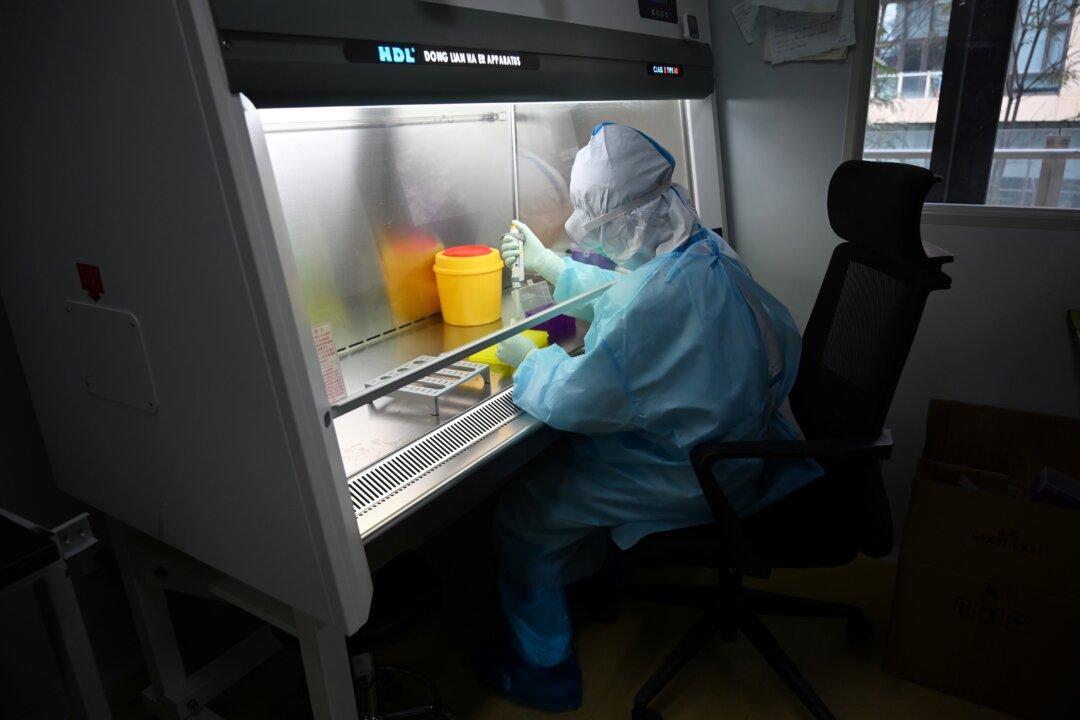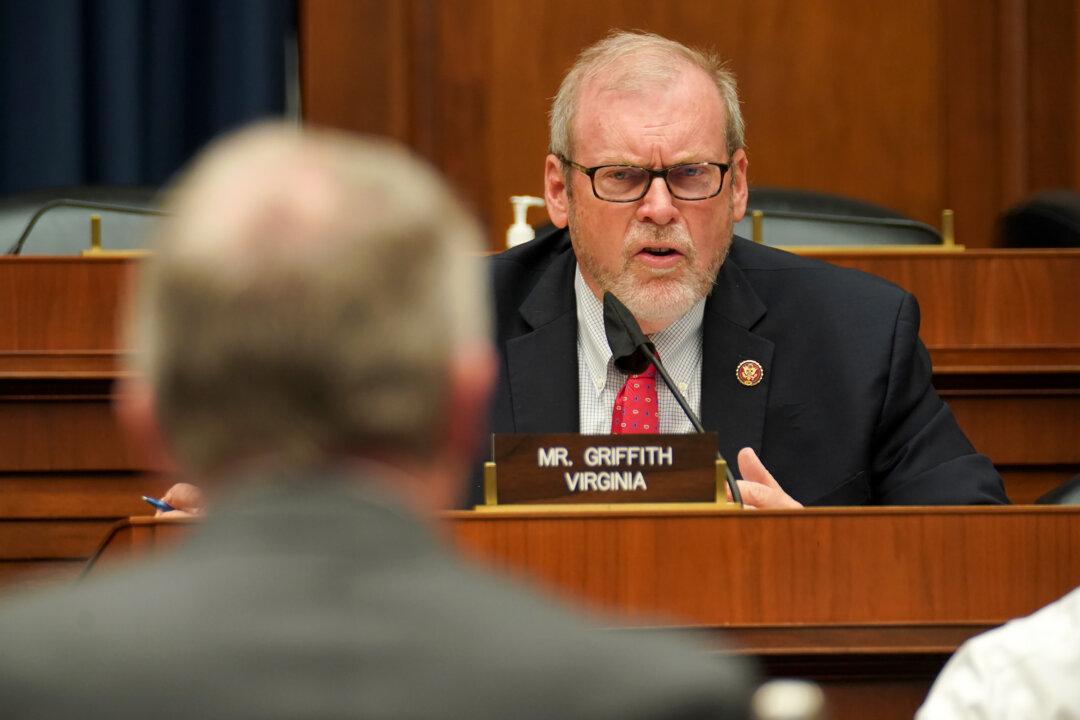The FBI and Department of State didn’t provide documents by the deadline in response to a congressional request for information on the origins of the COVID-19 virus, but the agencies are expected to comply, according to the House panel seeking the information.
The information was requested on Feb. 27 by Rep. James Comer (R-Ky.), chairman of the House Committee on Oversight and Accountability, and by Rep. Brad R. Wenstrup (R-Ohio), chairman of the Select Subcommittee on the Coronavirus Pandemic. The deadline for providing the documents was March 13.





